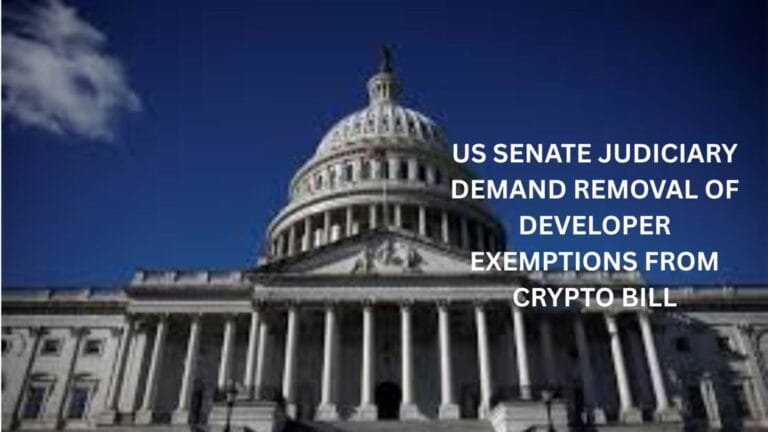Key takeaways:
- India endorsed the Financial Stability Board’s recommendations for the global crypto framework, released in July.
- The document agrees with the recommendations made by the FSB, FATF, and IMF.
The Financial Stability Board’s recommendations for the global crypto framework were released in July, and India, presently leading the G20, endorsed them. The nation also underlines the need for developing economies to manage the risks associated with digital assets.
India’s Presidency Note for Contribution to a Roadmap on a Global Framework for Cryptocurrency was released on the G20 page on August 1 by the 20 largest economies in the world. The G20 is an intergovernmental conference.
The document is in agreement with the recommendations made by the Financial Stability Board (FSB), Financial Action Task Force (FATF), and International Monetary Fund (IMF).
The Presidency Note does, however, recommend certain additions. One of them is a focus on developing nations; whereas the IMF considers the particulars of emerging economies in its prospective guidelines for cryptocurrency, India encourages the FSB to adopt them as well.
Additionally, it calls for reaching out to all jurisdictions in order to “generate awareness of risks,” beginning with nations that have higher adoption of cryptocurrencies and expanding the future regulatory approach to the digital economy beyond the G20’s purview.
The so-called Synthesis Paper by the IMF and FSB, which was made known in the Note, will be released at the end of August and will offer a broad roadmap that the G20 can consider adopting.
In July, the FSB released its recommendations for cryptocurrency, and stablecoins in particular. According to the FSB, cryptocurrency platforms must clearly distinguish their functions and keep clients’ digital assets distinct from their own finances to avoid conflicts of interest. Regulators will also ensure close international coordination and supervision. Following the rules, stablecoin issuers must first get a national operating license in every given country to conduct business there.
Last week, the central government’s failure to develop clear laws or regulations regarding cryptocurrency was strongly resented by the Indian Supreme Court. The Supreme Court has severely asked the Union Government to create a legal framework to handle matters involving cryptocurrency quickly. The court also emphasized the lack of a specialized agency capable of investigating criminal cases involving cryptocurrencies.










